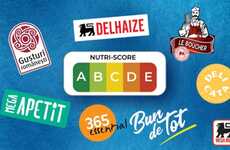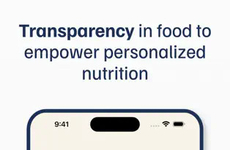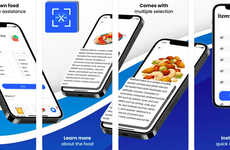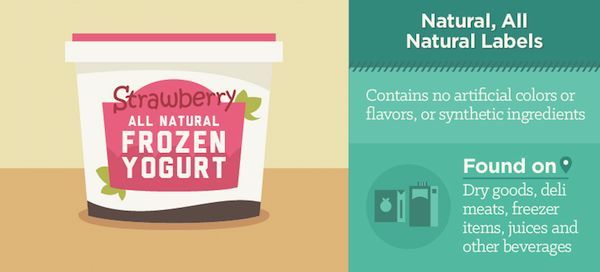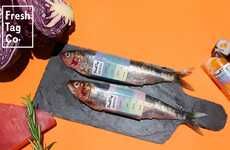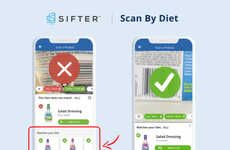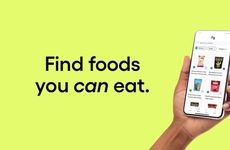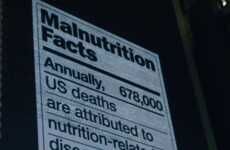
The 'What's in a Label?' Chart Helps Consumers Understand Their Food
References: fix & designtaxi
Often times many consumers have a hard time understand what exactly is inside the food they eat and this helpful infographic titled 'What's in a Label? How to Decipher Grocery Terms' is a useful read to help bridge that gap. The infographic was put together by Fix and it shares helpful tips on understanding product labelling.
One of the most common misconceptions in reading labels is assuming you know what the terms refer to when often times food corporations use slippery language that seems to mean one thing but actually refers to another. However this infographic helps to bridge that gap with a helpful visual dictionary guide that breaks down some of the jargon. For example, the term "gluten-free" means that the food "contains no more than 20 parts per million of gluten" and "low fat" refers to foods that have "less than 3 grams of fat per RACC" rather than no fat at all.
One of the most common misconceptions in reading labels is assuming you know what the terms refer to when often times food corporations use slippery language that seems to mean one thing but actually refers to another. However this infographic helps to bridge that gap with a helpful visual dictionary guide that breaks down some of the jargon. For example, the term "gluten-free" means that the food "contains no more than 20 parts per million of gluten" and "low fat" refers to foods that have "less than 3 grams of fat per RACC" rather than no fat at all.
Trend Themes
1. Food Labelling Transparency - There is an opportunity for businesses to increase trust with consumers by providing clear and transparent food labels, potentially through the use of technology such as QR codes.
2. Consumer Education on Food Labels - Businesses can create educational resources for consumers to increase knowledge and understanding of food labels, potentially through partnerships with nutritionists or health organizations.
3. Language Simplification in Food Labels - Businesses can innovate by simplifying language used on food labels, making it more clear and concise for consumers to understand.
Industry Implications
1. Food and Beverage - There is a huge opportunity for disruption in the food and beverage industry by improving food labelling and increasing transparency.
2. Technology - Technology companies can potentially create new solutions for improving food labelling transparency, such as by developing apps or tools to help consumers decode food labels.
3. Health and Wellness - Businesses in the health and wellness industry can partner with food companies to create educational resources and increase consumer knowledge of food labels and healthy eating.
1
Score
Popularity
Activity
Freshness

